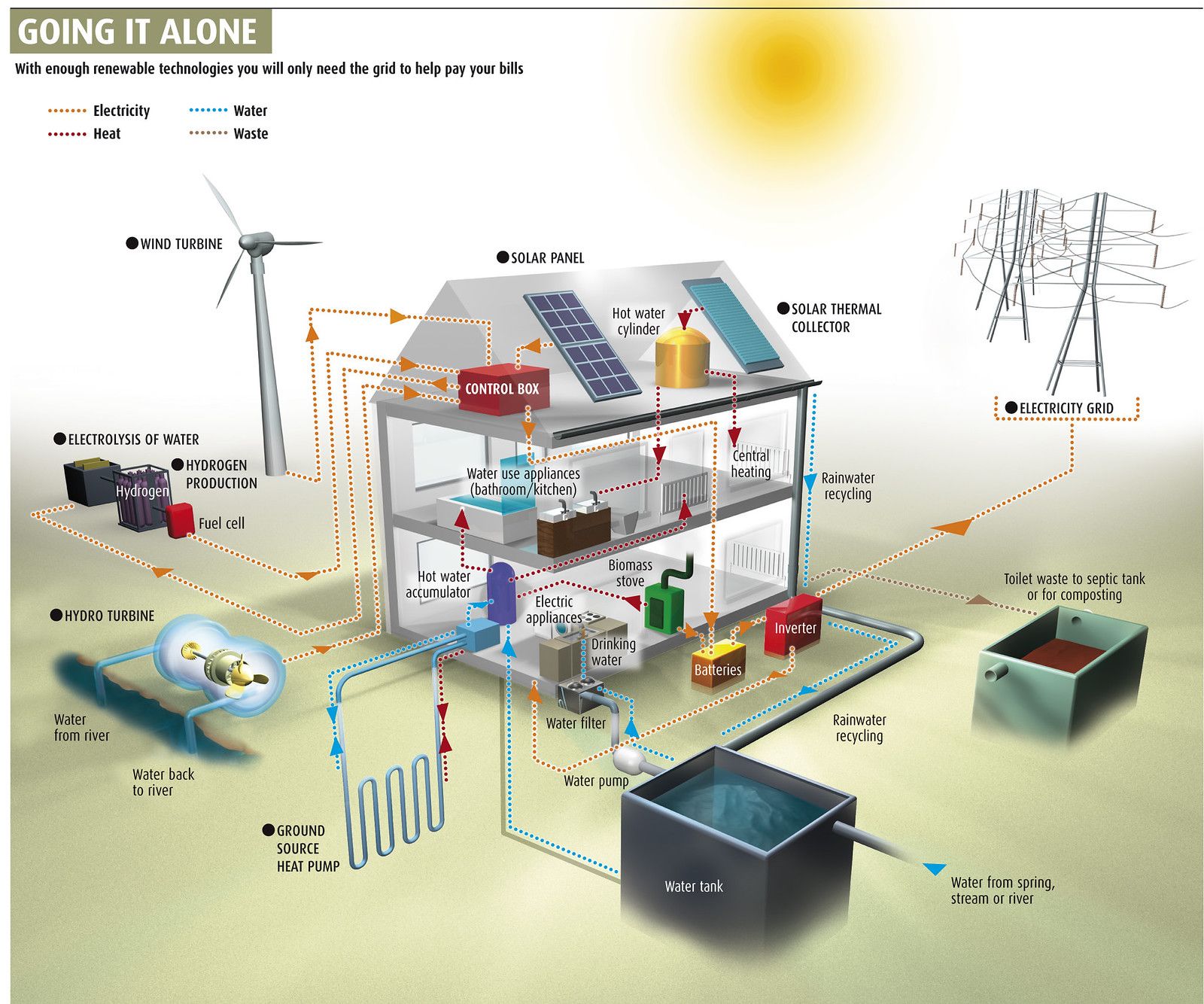Sustainable home building is not just a passing trend; it is an essential step towards a greener and more environmentally conscious future. In Canada, a country known for its vast landscapes and commitment to environmental stewardship, the future of sustainable home building is promising. This blog explores the advancements, innovations, and trends that are shaping the future of sustainable home building in Canada.
- Energy-Efficient Designs: One of the key focuses in sustainable home building is energy efficiency. In the future, Canadian homes will be designed with even greater emphasis on reducing energy consumption. Passive design strategies, such as maximizing natural light, optimizing insulation, and utilizing heat recovery ventilation systems, will become standard practices. The integration of smart home technologies and energy management systems will further enhance energy efficiency, allowing homeowners to monitor and optimize their energy usage.
- Renewable Energy Integration: To achieve true sustainability, Canadian homes of the future will increasingly embrace renewable energy sources. Solar panels, wind turbines, and geothermal systems will play a significant role in providing clean, renewable energy for households. As the cost of renewable energy technologies decreases and their efficiency improves, more homeowners will have the opportunity to generate their electricity and reduce their reliance on the grid. Furthermore, innovative energy storage solutions will ensure that surplus energy is captured and used efficiently, minimizing waste.
- Green Building Certifications: Green building certifications, such as LEED (Leadership in Energy and Environmental Design) and Passive House, are already making their mark in Canada. In the future, these certifications will become more prevalent and even mandatory in some provinces. Builders and homeowners will strive to achieve higher levels of sustainability by incorporating environmentally friendly materials, efficient systems, and innovative design principles. These certifications not only validate the environmental performance of homes but also provide numerous benefits, including improved energy efficiency, increased property value, and healthier indoor environments.
- Circular Economy and Sustainable Materials: The future of sustainable home building in Canada will prioritize the use of materials that have a low environmental impact and can be recycled or reused. The concept of a circular economy will gain momentum, promoting the reduction of waste and the integration of recycled materials into the construction process. Builders will explore alternative materials like engineered wood, bamboo, and recycled metal, which have lower carbon footprints compared to traditional materials. Embracing sustainable materials will not only reduce the environmental impact of home construction but also create healthier and more resilient living spaces.
- Innovative Technologies and Building Science: Advancements in building science and technology will continue to shape the future of sustainable home building in Canada. 3D printing, modular construction, and prefabrication techniques will streamline the building process, reducing waste, time, and costs. Building Information Modeling (BIM) and virtual reality tools will aid in designing energy-efficient and optimized spaces. Additionally, the integration of artificial intelligence, Internet of Things (IoT), and automation will allow for smarter and more efficient homes that adapt to homeowners’ needs while conserving resources.
The future of sustainable home building in Canada holds immense potential for creating greener, energy-efficient, and resilient living spaces. From energy-efficient designs and renewable energy integration to green building certifications and the adoption of sustainable materials, Canada is poised to lead the way in sustainable home construction. As the demand for sustainable homes continues to rise and technology advances, we can look forward to a future where sustainable living becomes the norm, ensuring a healthier planet for generations to come.

